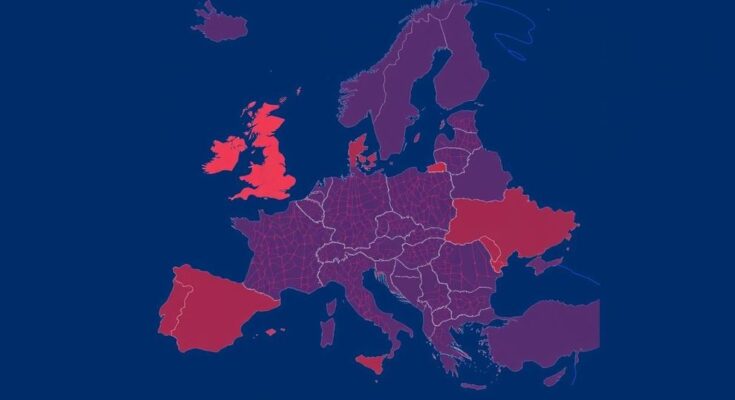Donald Trump’s election introduces a wave of protectionism, intending to levy significant tariffs that may impact the global economy, particularly the EU. The article critiques his belief in tariffs as a solution for trade deficits, explaining the economic complexities behind such policies and their potential to harm consumers while failing to boost domestic growth. It highlights the challenges the EU faces in responding to this looming threat amidst its own economic difficulties.
The election of Donald Trump heralds a significant shift towards protectionism that may echo the economic climate of the 1930s. He has indicated intentions to implement tariffs ranging from 10% to as high as 60% on various imports, notably targeting China. This poses a critical challenge for the European Union (EU), which is already facing sluggish growth, insufficient leadership, and heightened competition from Chinese exports. The EU must urgently devise a response to mitigate the impact of these tariffs amid its existing vulnerabilities. Throughout his campaign, Mr. Trump emphasized protectionist policies, asserting that “Tariff is the most beautiful word in the dictionary.” He promotes the view that tariffs can effectively reduce trade deficits, reinvigorate domestic manufacturing, and enhance government revenue. However, this oversimplification overlooks the broader economic realities, as tariffs play a marginal role in the overall trade balance, which largely stems from complex relationships between national savings, investments, and consumption. Under Trump’s economic policies, increased household and business spending resulted in a record trade deficit without improving industrial employment figures. This suggests that intertwining tariffs with economic success is a misconception. Furthermore, the elevated costs of imported goods would likely inflate production expenses for US firms, adversely impacting consumer prices. Despite the faltering economic results, Trump’s protectionist measures have resonated politically, appealing to his voter base who seek further actions of a similar nature. A report by the National Retail Federation estimates that such tariffs may diminish US consumers’ purchasing power significantly, potentially undermining Trump’s election narrative focused on curtailing inflation. Therefore, even as he addresses inflation, Trump’s policies risk inadvertently exacerbating the issue, illustrating the paradox of his administration’s economic strategy.
The article discusses the implications of Donald Trump’s election on global and European economies, particularly in the context of revived protectionism. Trump’s intention to impose substantial tariffs on imports, especially from China, raises concerns about economic stability for the European Union (EU), which is navigating through its own struggles of leadership and competition. The discussion underscores the essential distinctions between political motives and economic realities in trade and tariffs, highlighting the complexity of managing international economic relations.
In summary, Donald Trump’s election signifies a move toward increased protectionism, posing challenges for the EU as it grapples with economic stagnation and competitive pressures. While Trump promotes tariffs as beneficial for revitalizing the US economy, the economic implications reflect a more complicated narrative. By potentially harming consumers and igniting inflation, his policies subvert their intended goals, raising critical questions about trade balance and economic growth in the current global landscape.
Original Source: www.lemonde.fr




